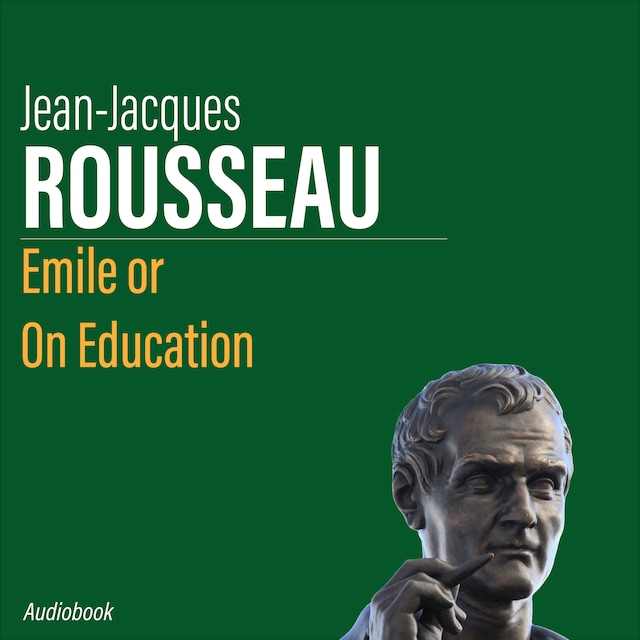
Émile or on Education
Description of book
Émile, or On Education" is a seminal work in the philosophy of education and a foundational text in the genre of the novel, written by Jean-Jacques Rousseau and published in 1762. The book outlines Rousseau's ideas about the best way to educate a child, emphasizing the importance of individualized education, learning through experience rather than formal academic studies, and the development of a child's natural instincts and abilities. Rousseau divides the book into five books, each representing a different stage of a child's development, from infancy through adolescence. The central character, Émile, is a fictional boy who serves as an example through which Rousseau can explore his educational theories. Through Émile's education, Rousseau advocates for a balance between the natural man, who is governed by instinct, and the citizen, who lives according to the laws of society. Key themes in "Émile" include the natural goodness of man, the corruption of society, the role of freedom in education, the importance of observation and experience, the rejection of conventional classroom education, and the development of moral and spiritual values. Rousseau also emphasizes the importance of physical education and the development of practical skills. The book was controversial at the time of its publication, leading to its ban in Paris and Geneva due to its criticism of established religious and educational institutions. Despite this, "Émile" has had a profound and lasting impact on educational theory and practice, inspiring progressive and child-centered educational movements around the world. It remains a critical text for educators, philosophers, and anyone interested in the development of children.


